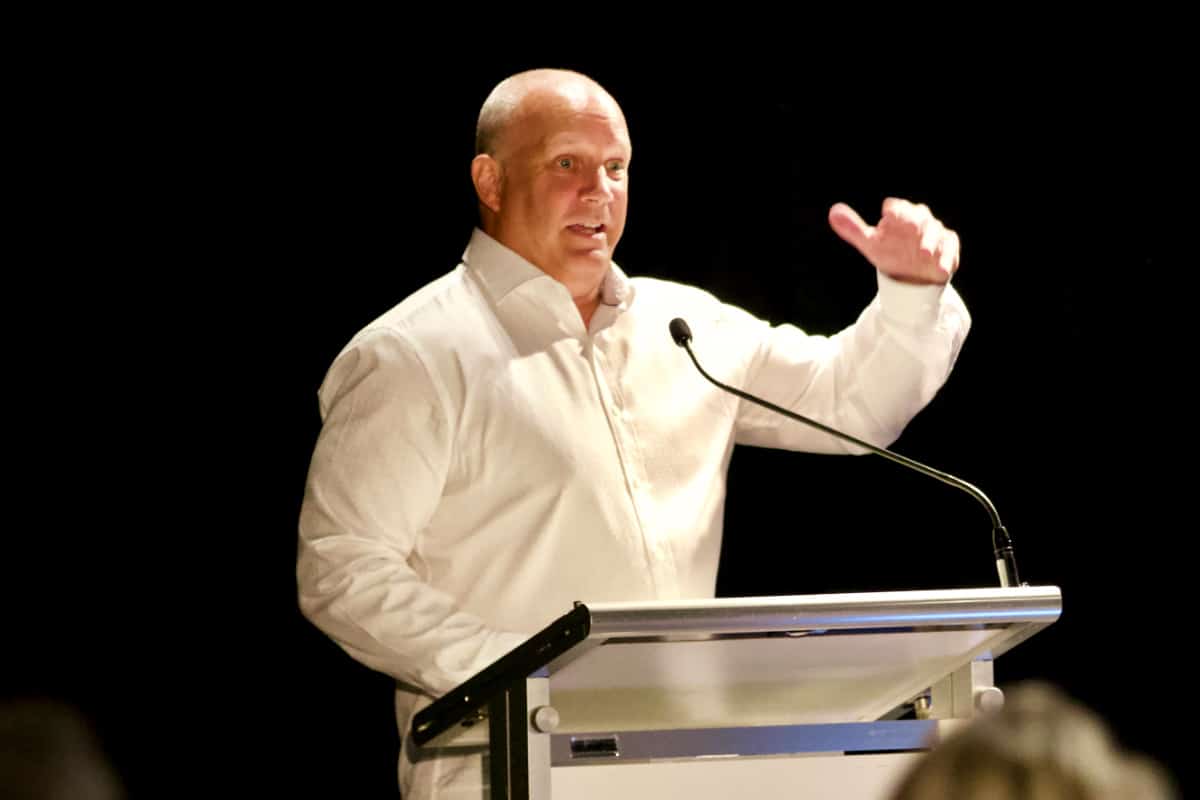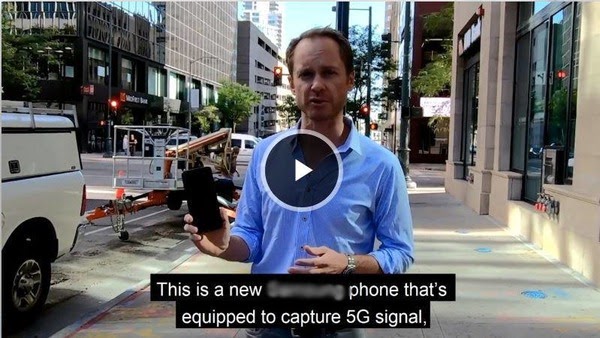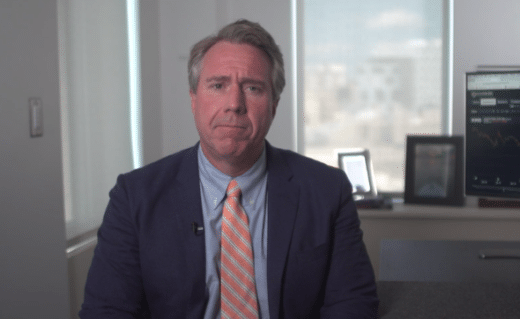
The novel coronavirus isn’t “novel” anymore.
It’s everywhere.
And it’s disrupting how we live, how we work, and how we invest.
Huge paradigm shifts are already underway.
Here’s how life as we know it is changing…
The Reaction to COVID-19’s Origin and Spread
The origin of the novel coronavirus is unknown – at least officially. But that hasn’t stopped speculation about whether the virus manifested itself naturally – perhaps originating in bats, got passed to an intermediate animal host, and morphed or became zoonotic and able to infect humans – or whether it is a manmade virus.
If it is zoonotic in origin, the world will still want to know where and how it happened – and how to prevent naturally occurring future virus mutations.
If its origin is manmade – whether it was being engineered as a SARS vaccine, or as an HIV-attached bioweapon – we need to know.
It matters.
When the truth is discovered, or the most plausible scenario gets mapped out, countries are going to react. The nature of global relations will change.
Even if the virus is a bad vaccine that accidentally escaped a biolab, the fact that its origin and lethality were covered up will change how countries interact and trade with each other.
Governments and companies are going to reassess supply chains and access to essential and strategic goods and services. Global production, even in countries that have a comparative advantage in labor costs and raw materials, will be reconsidered in favor of more “local” production.
If the virus is determined to be an engineered bioweapon, we’ll see the rise of nationalism, of xenophobia, and some overt saber-rattling.
In either case, the outcome will change where capital will be allocated and where and what to invest in.
What Shutdowns Have Changed
The shutdown of cities, states, and countries has changed everyone’s experience and appreciation of what’s necessary and what’s superfluous.
What’s necessary is access to goods and services and the ability to learn, live, work, and earn – remotely.
In any shutdown, we’re talking about Internet access, connectivity speed, cloud services, security software, remote tools (including video and interactive services), contract execution facilities, and probably also everything blockchain.
Digital education and entertainment are “must haves.”
What’s not so necessary anymore are huge investments in offices, brick-and-mortar retail and other forms of commercial real estate – or extravagant college campuses.
The process of determining what’s necessary and what’s not so necessary is upending lives and businesses. It’s winding down old investment themes and generating new ones.
The already precipitous decline in brick-and-mortar retailing is being accelerated by the agglomeration of e-commerce.
Agglomeration economics will result in e-commerce oligopolies.
With Amazon heading the charge, the world economy is already headed that way.
The digital rich are going to get richer. And new, single-purpose and multi-function digital vertical silos will rise up to join the likes of Alphabet Inc. (NASDAQ: GOOGL), Facebook Inc. (NASDAQ: FB), Apple Inc. (NASDAQ: AAPL), Netflix Inc. (NASDAQ: NFLX), and Microsoft Corp. (NASDAQ: MSFT).
Commercial real estate will be rethought and reinvented.
Companies have already discovered they don’t and won’t need offices for the bulk of their white-collar workers. Co-working space – based on short-term leases or daily rentals – will become more popular.
Office buildings will have to be converted into residential buildings.
That shift will start a year after the shutdown ends – or as soon as commercial leases allow.
Small, permanent retail stores will mostly disappear in malls. In the shopping centers that survive, seasonal retailers and pop-ups will replace long-term tenants, who, if they stay, will have to guarantee or accept profit-sharing leases.
Single-use buildings will have to become multipurpose spaces, making way for convergence-hybridization models that offer retail goods and services, dining, and warehousing – while also serving as distribution and delivery hubs.
Employment and Unemployment Shifts
In the pandemic’s aftermath – as companies adjust their business models and modernize their service and production lines – there will be fewer good-paying jobs and fewer jobs in general, especially in the hospitality, travel, and leisure segments of the economy.
And younger workers will battle it out with older workers for those jobs.
Workforce automation is already reducing the number of entry-level, labor-intensive, repetitive-task and specific-skills jobs. As the shutdown and ensuing recession brings about a corporate-revenue decline – at the same time that competition and agglomeration increase – labor savings are going to be more important.
As sales become more digital and workers become more “expensive” in terms of increasing healthcare costs, unemployment benefit costs, paid sick/vacation leave, and childcare costs creating more “liabilities,” the company swap-out of workers for automation will accelerate.
Young people entering the work force and looking for different jobs and older workers – including the “grey tsunami” of retirement-age workers who aren’t going to be able to retire – will increasingly compete for the diminishing number of entry-level and low-level jobs.
A Seismic Shift
As layoffs increase now – and as businesses are disrupted by the virus-driven seismic shifts in the economy – the number of the “underemployed” and unemployed Americans will spiral.
Unemployment benefits are already changing to accommodate millions of the newly unemployed. Some changes will likely have to become permanent.
The United States may be on its way to providing some form of “basic income” – by necessity, not by choice.
While the idea of basic income – or free college, or a Green New Deal – seemed impossible, if not ridiculous, only a few months ago, it’s all possible now.
If the U.S. Federal Reserve can finance trillions of dollars of rescue money to support private-sector businesses – including big banks and airlines that buy back their shares to enrich management and shareholders (albeit temporarily, it turns out) – surely central bankers can finance social services and giveaways that less than two months ago were crazy political promises.
Paradigm shifts wrought by the novel coronavirus will change how we live, work, and invest.
And these changes will be forever.
For investors with the capital to wager on the future, the paradigm shifts before us present truly extraordinary moneymaking opportunities.
I’ll be back soon with an industry that won’t survive and a way you can cash in on its downfall.


